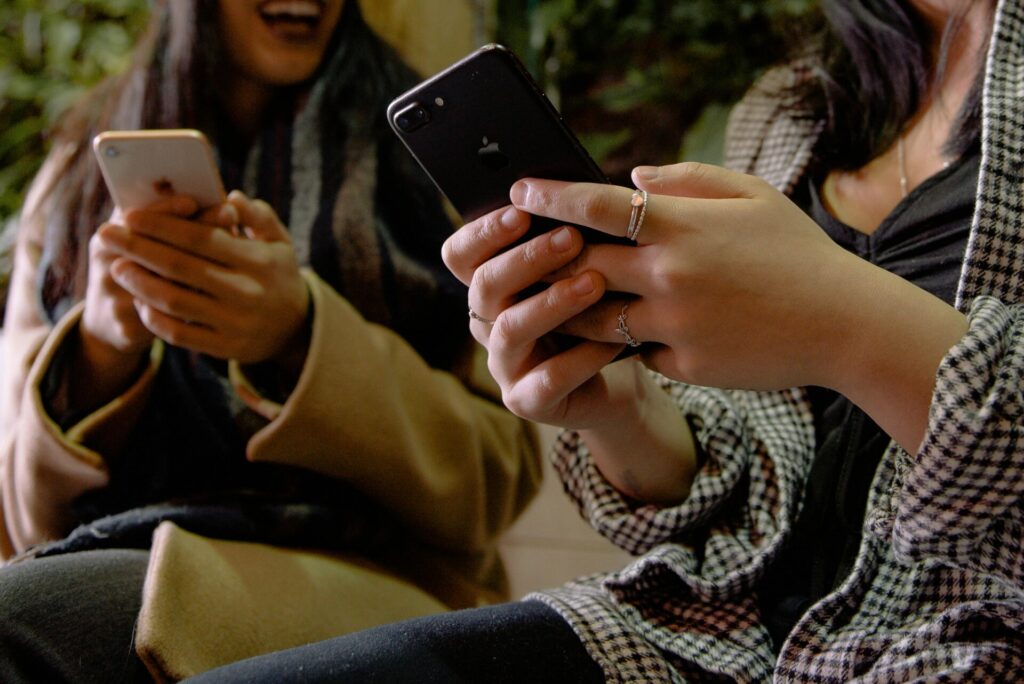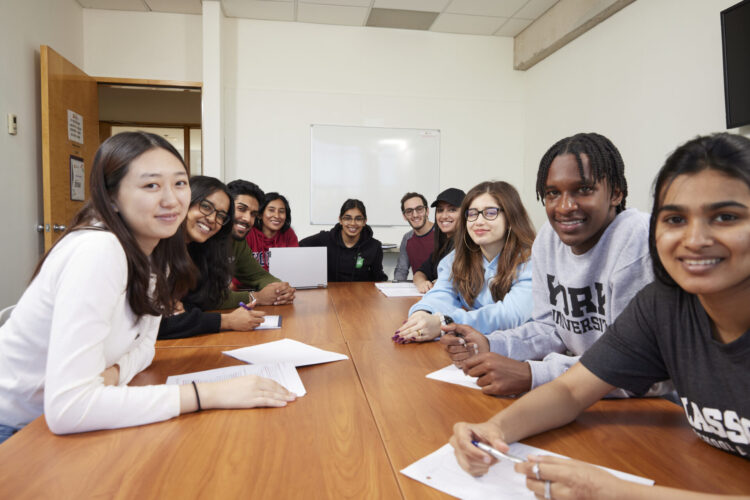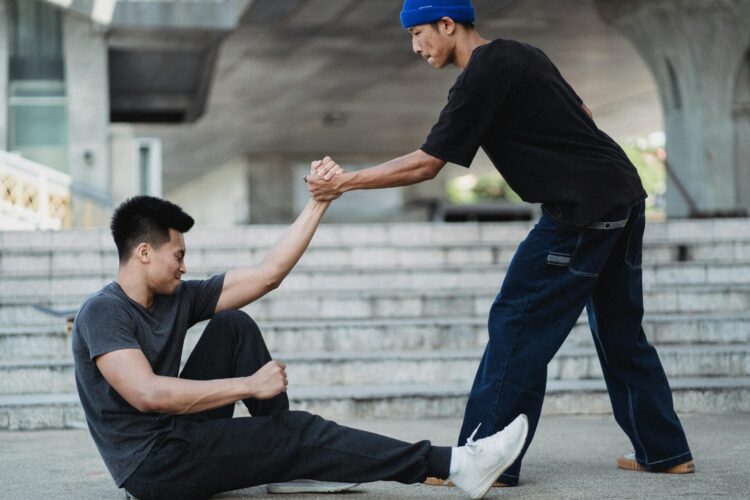
The paralyzing effects of social anxiety run deeper than mere shyness at social events. It’s connected to everything you do that involves interacting with people.
From team-building activities at work to group projects at school, it can seem like social anxiety triggers are everywhere.
If you live with the reflexive sensitivity of this cognitive profile, you know that social anxiety isn’t something you can just wish away.
Avoiding social interaction is one way to protect yourself from this stress, but this may limit you from getting what you want or need. Instead, it may help to step out of your comfort zone and purposefully socialize with other people.

How to socialize better when you live with social anxiety
Socializing strategies can make the prospect of interacting with others seem less overwhelming.
- Planning what to say: It can help to prepare yourself by brainstorming conversation topics in advance.
- Using questions: Open-ended questions (that can’t be answered with yes or no) can encourage other people to carry the conversation.
- The support of a friend: Whether it’s a confident person who can break the ice with others, or a friend as quiet as you, it’s nice to have someone in your corner.
- Having an exit strategy: It’s ok to leave early if a social situation is causing you too much anxiety. And having an excuse to leave can make this easier.
- Eating something: If you have a nervous stomach, food may make you more comfortable.
- Paying attention to your surroundings: This can distract you from your anxious thoughts and make it easier to join conversations.
- Giving it time: If you arrive at a social event and find it stressful, stay positive and give yourself a chance to adjust before you decide to leave.
- Using mindfulness: If you feel your anxiety rising, focus on your breathing and try to pay attention to sensory input, like the feel of the ground beneath your feet. There’s research from 2015 that shows breathing techniques can counteract the anxiety-triggered autonomic nervous system response.
- Starting small: Spending time with one or two friends can build your confidence and help to prepare you for larger gatherings.
- Practicing when you can: Even if it’s as simple as eye contact and smiling at someone, repeated small encounters can make socializing seem less intimidating.
- It’s not about you: It helps to keep in mind that a person having a bad day may seem distant or unkind, even though you’ve done nothing wrong.
- Authenticity counts: Don’t be afraid to express your own opinion. Not everyone likes the same music or food, for example.
- Avoid overthinking: Being overly analytical can make it harder to relax and enjoy the moment. It’s OK if you don’t know what the other person is thinking.
- An activity can help: Whether you’re walking, shopping together, or attending a sporting event, the activity can inspire conversation.
- Acting confident: Anxiety can take the wind out of your sails. It might help to take a deep breath and use a more assertive voice.
- Regular exercise: Research from 2020 has shown that exercise can reduce anxiety symptoms.
- Sleep hygiene: A 2015 studyTrusted Source found a link between sleep hygiene practice and reduced anxiety and insomnia in nurses. Sleep hygiene refers to actions and habits that help you sleep well.
- Counteracting negative thoughts: Even though social anxiety can be an emotional and sensory experience, negative thoughts still play a role. Using a creative approach to try to change these thoughts can help. For example, if you think “I don’t fit in,” change this thought to “I’m lucky to have the chance to meet people who aren’t like me.”
- Be curious: What do people wear these days? What kinds of topics interest them? Taking an inquisitive and observational approach to a social outing can distract you from your anxiety.
- Giving yourself credit: When you live with social anxiety, attending a social event can be extremely uncomfortable. If you’ve stepped out of your comfort zone and tried to connect with others, you can count this as an achievement.
- It’s OK to say no: While there are benefits to broadening your social horizons, you don’t have to say yes to every event.
References
Lovering, N. (2022, October 28). 21 Socialization Tips for People with Social Anxiety. Retrieved from https://psychcentral.com/anxiety/socialization-tips-for-people-with-social-anxiety


